An estimated 400,000 people drown annually worldwide, 50 per cent of them children. Roughly 150 drownings occur in the UK. In the 1970s, the RNLI station at Port Isaac on the north Cornish coast responded to ‘about 30 shouts a year’, reckons the novelist Richard Beard. On 18 August 1978 at 2.30 p.m. a maroon rocket went up with a great whoosh 800 feet into the summer sky to summon the coastguard. In the language of the rescue services, there was a ‘swimmer in the water’.
Ninety minutes earlier, Beard, then aged 11, was on a nearby beach with his brother Nicky, aged nine. On holiday from Swindon, the Beard family had had a picnic and had finished playing a game of beach cricket and were packing up to leave.
One of us, Nicky or I, asks for a last swim… On the far side of a big rock is a patch of sand with better waves. Come on, hurry because the tide’s coming in and the sand will soon be gone. A last tilt at the waves, since we’re here. Come on, hurry up, before it’s too late.
What happened next is the subject of this book: a ‘sad story of two small boys in the sea — one survives, one dies’, but also a monument to the power of literature to turn back the tide, which, in Beard’s case, rushed in and covered the truth almost at once. On that afternoon, Richard regained the shore and hared along the beach, reporting to his mother: ‘He’s in the sea, he’s in the sea, I tried to save him.’ This was a lie.
Beard’s mother makes the following confession in a heart-stopping letter that she writes shortly after ‘it’, as Nicky’s drowning is referred to: ‘to have had the joy of giving birth to a child, to have shared the delights and sadnesses with them, only to have them snatched away without warning, must leave a gap, never wholly understood’. She observes in the same letter: ‘Richard has shut the episode out of his mind…’ A similar epic project of denial — what the Spanish writer Jorge Semprun has called ‘the cure of silence and studied amnesia’ — soon afflicts the whole family: mother, father Colin, and Richard’s two surviving brothers, Tim and Jem. His mother recalls, when pressed by Richard three decades later: ‘The attitude was: it happened, get on with it.’ Then this staggering admission. In all the time between that August day in 1978 and her husband’s death in 2011, the subject of Nicky’s drowning was successfully avoided in conversation. ‘We didn’t talk about him. Not once.’
A result of this very English ‘scorched earth policy of repression’, writes Beard, defiantly reclaiming the present tense, is that ‘a disastrous template of survival takes shape’. He learns to keep feelings to a minimum, until really all that he feels is that ‘life is empty and worthless’. His marriage is in danger of falling apart. Tough on himself, he is harshest on his cancer-riddled father for not jumping into the water to save his youngest son, floating in a calm sea 25 yards away. Cold and educated (as he perceives himself), Beard does not forgive his stricken father, a builder who goes on to heal the wound by drinking, even on his deathbed. ‘At the very end he reached out his hand, and I didn’t take it.’
No child’s death can ever be wholly understood. In May 2000, Barbara Wilson’s adult daughter Sarah drowned in a rafting accident on the Cotahuasi river in Peru, and her body was not found. Wilson, a leading clinical psychologist, responded to the family’s loss by compiling a dossier of their immediate reactions and experiences, recording each email, telephone call, condolence letter, poem and shed tear. First Year, Worst Year (2004) is a book to give to those who have lost a child; a reminder of the weeping that must be done, but also of the infinite significance of another person’s life. It is also a helpful guide for those seeking the right words to console grieving parents; what not to say, and what to say.
By contrast, Jorge Semprun could not speak of what he had witnessed when he was released in April 1945 after 18 months in the death camp at Buchenwald. ‘I wasn’t talking about it to anyone.’ He eventually tried to articulate his memories in fiction, but his novels were effectively drafts, good in their way yet in no way extraordinary, until he found the right tone, the suitable distance, ‘the essential truth of the experience’, in his late, non-fiction masterpiece, Literature or Life (1994).
Richard Beard is scissored from Semprun’s cloth. His default strategy for avoiding these memories was to allow stories to take their place. In his 2011 novel Lazarus is Dead, he invented for Lazarus a younger brother who drowns when they go swimming in Lake Galilee. ‘The fiction wasn’t entirely successful.’ Substituting a make-believe character for the real one was the only way that Beard could admit to the lie he had lived, with all his strength, from the age of 11. No one noticed.
The Port Isaac police had assured Beard: ‘It wasn’t your fault.’ Falsely excused, he decides 35 years on to write a mea culpa. ‘However late in the day, I want to conduct an inquest.’ There is something Canute-ish about his ambition to roll back the tide, but the prize is worth putting at risk the contourless, unselfrealised person that Beard has become since 18 August 1978. ‘If I can accurately recreate the day, I’ll move closer to recovering what was lost.’
Beard writes that he was ‘the only eyewitness to the death itself’. Even so, he had allowed versions to spring up which he never denied and, further, which he knew to be untrue: that his brother was swept off the beach by a rogue wave, that Nicky had hit his head against a rock and floated away, unconscious. What Beard did not tell anyone until he started writing this book was that he had been in the sea beside Nicky —whose name he had not spoken since 1978. And worse: ‘I hadn’t stayed in the water to rescue my brother.’
Merciless in remembering as he had been in forgetting, Beard reassembles that summer day in penitential detail. He visits his mother, his brothers, their prep-school, Nicky’s grave, the RNLI station at Port Isaac, the beach at Tregardock, releasing an animal cry as he stumbles back along the sand. ‘I’m seeking out raw feeling of the type I’ve denied for so long.’
He confronts himself as he was then: jealous of a competitive younger brother who was catching up, so that he once punched Nicky in the face, crushing the same lips that Ted Childs did, who crewed the coastguard that day. He tells Richard that he tried to resuscitate his brother ‘mouth-to-mouth, three times’.
Beard’s last memory of Nicky is a record he keeps playing as if to hear some new note. Swept out past him by a powerful undertow, his brother is trying to lift his head above water. ‘I saw his strained, tight-lipped face. I felt the terror of death.’ Reacting to that terror, Beard writes, ‘I decided to save myself.’ But does he, actually? Another volunteer at the RNLI station tells him about the phenomenon of secondary drowning: ‘After an apparent recovery a person can drown hours later, nowhere near any water.’ This, Beard strongly suggests, is what happened to him. ‘I have stalled at 1978, as did Nicky.’
Semprun wrote of his time in Buchenwald that only the artifice of a masterly narrative would prove capable of containing the truth. ‘You can always say everything; language contains everything.’ Impatient, Beard disagrees with the letter-writers from 1978 who didn’t know what to say: ‘There really aren’t words that can express my feelings.’ They weren’t trying hard enough. As he proves time and again in The Day That Went Missing, a wonderful memoir but also a salvage operation in which he writes himself back into life, the language does exist to make sense of grief. His book deserves to stand on the same shelf as William Fiennes’s The Music Room, as a remarkable homage to a lost brother.
Got something to add? Join the discussion and comment below.
Get 10 issues for just $10
Subscribe to The Spectator Australia today for the next 10 magazine issues, plus full online access, for just $10.
You might disagree with half of it, but you’ll enjoy reading all of it. Try your first month for free, then just $2 a week for the remainder of your first year.

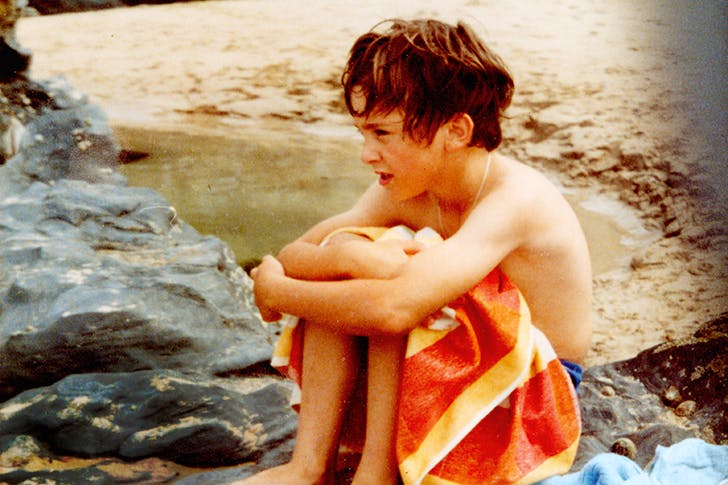
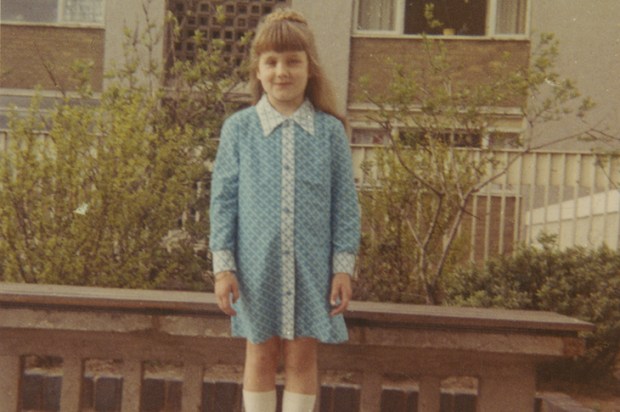
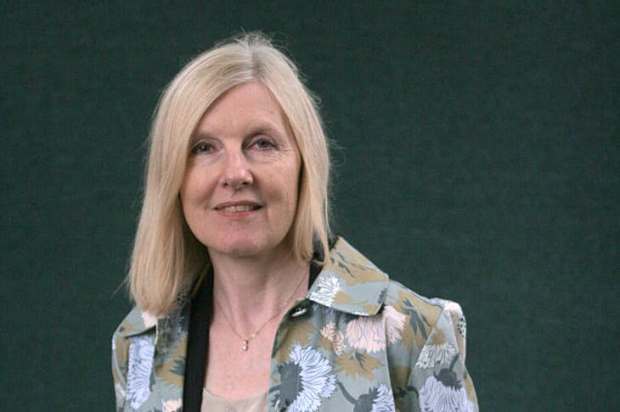
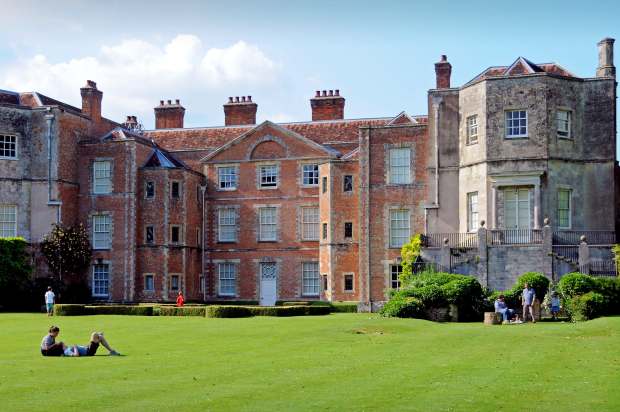
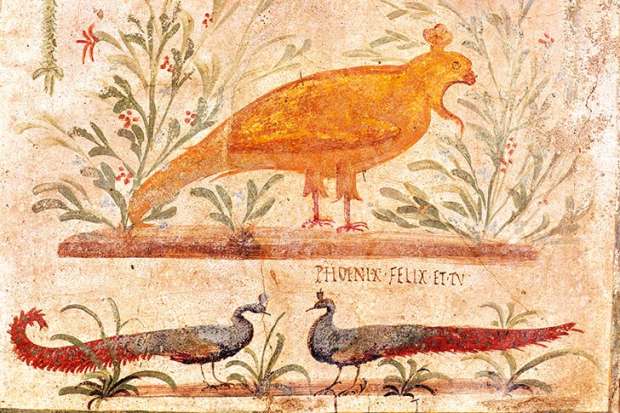
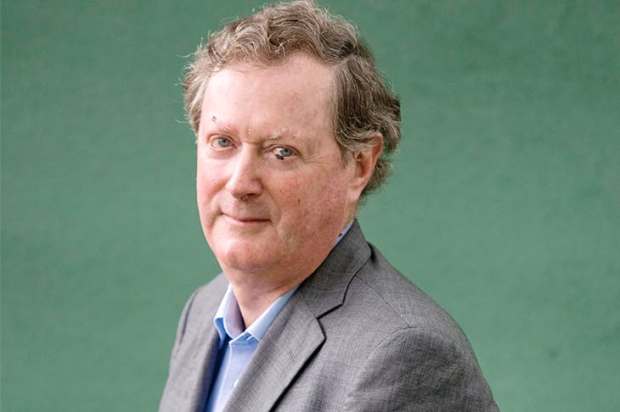
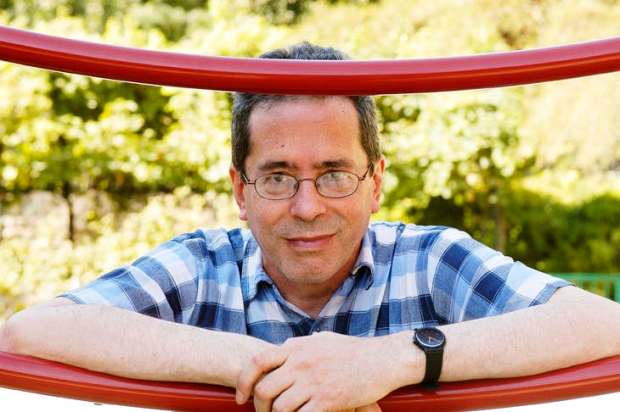






Comments
Don't miss out
Join the conversation with other Spectator Australia readers. Subscribe to leave a comment.
SUBSCRIBEAlready a subscriber? Log in